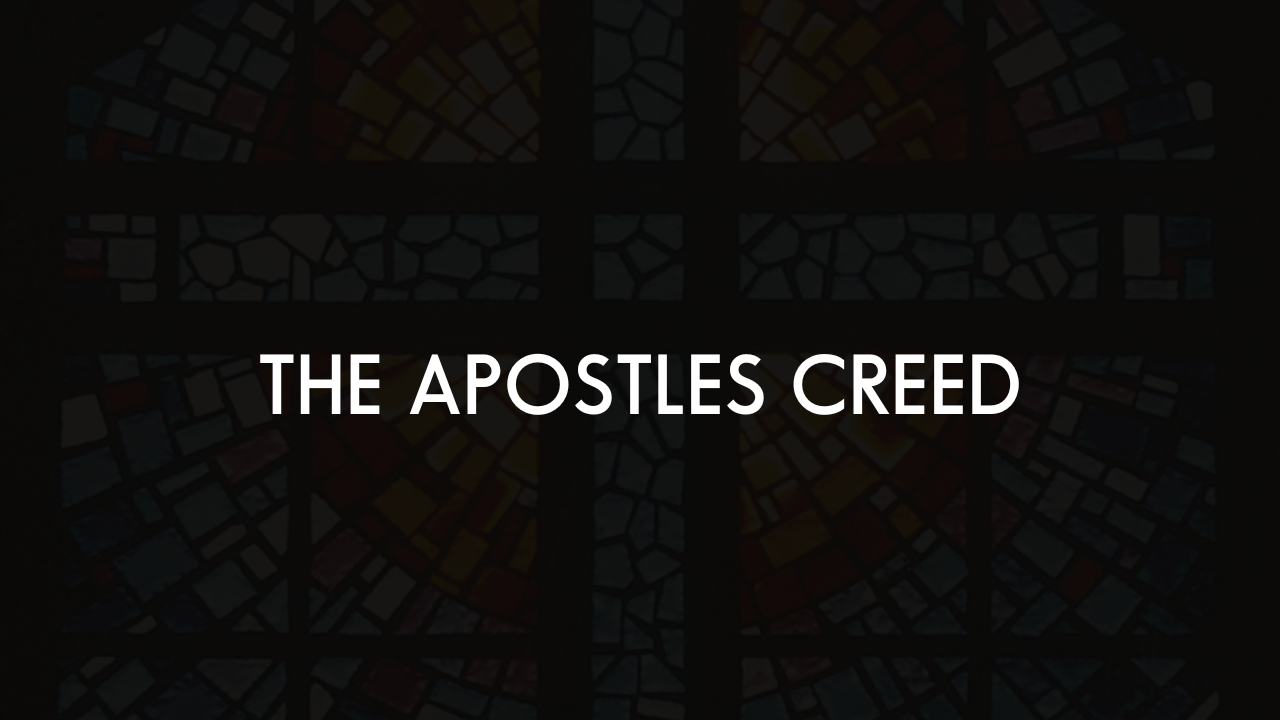
If you have spent much time around Baptists, you may have heard someone say something like “we have no creed but Christ (or the Bible).” Or, if you haven’t been in churches much, you may wonder, “what even is a creed?” But creeds or confessions have played a crucial role in defining the basics of the Christian faith. These statements help us succinctly and clearly answer two critical questions: Who do we say God truly is? And what must we believe about God to know Him?
Writing creeds or confessions of our faith happened at critical moments in history, usually at times when what we believed about God and what it means to know Him was in question. As you might expect, the most important works took place in the formation of the early church. By 454 AD, the first Christians had summarized their faith in statements that came to be known as the Apostles Creed, the Nicene Creed, and the Chalcedonian Creed. Since then, Christians have used these early statements of faith to define the boundaries of orthodox, or true, Christian faith. More statements and confessions were written at the time of the Reformation around the 16th century and again in the 20th century, further clarifying what Christians believe in the face of oppositional and problematic views.
Holding to clear statements of theology matters because we cannot separate what we know about God from knowing Him.
While Scripture is truly sufficient for everything we need to know and follow Jesus, creeds and confessions help to safeguard against wrong interpretation or application. They tie us back to what Christians have been saying about God for 2000 years. And we are in a moment in time when clarifying what the church believes about who God is and what we must believe to truly know Him is needed.
To that end, the Elders of HVBC will begin using the Apostles Creed occasionally in our services as part of our liturgy for receiving the Lord’s Supper together. It will not permanently replace our other liturgical readings, but we want to be sure that our church body is well equipped with orthodox theology. By reading the Apostles Creed aloud during the Lord’s Supper, our aim is that we would be reminded of what unites us together and turns the eyes of our hearts to Christ in a moment of corporate unity at the Lord’s Table.
Here are the words of the Apostles Creed we will be reading together, as millions have done before us:
I believe in God, the Father almighty,
creator of heaven and earth.
I believe in Jesus Christ, his only Son, our Lord,
who was conceived by the Holy Spirit
and born of the virgin Mary.
He suffered under Pontius Pilate,
was crucified, died, and was buried;
he descended to the grave.
The third day he rose again from the dead.
He ascended to heaven
and is seated at the right hand of God the Father almighty.
From there he will come to judge the living and the dead.
I believe in the Holy Spirit,
the holy true* church,
the communion of saints,
the forgiveness of sins,
the resurrection of the body,
and the life everlasting. Amen.
*that is, the true Christian church of all times and all places